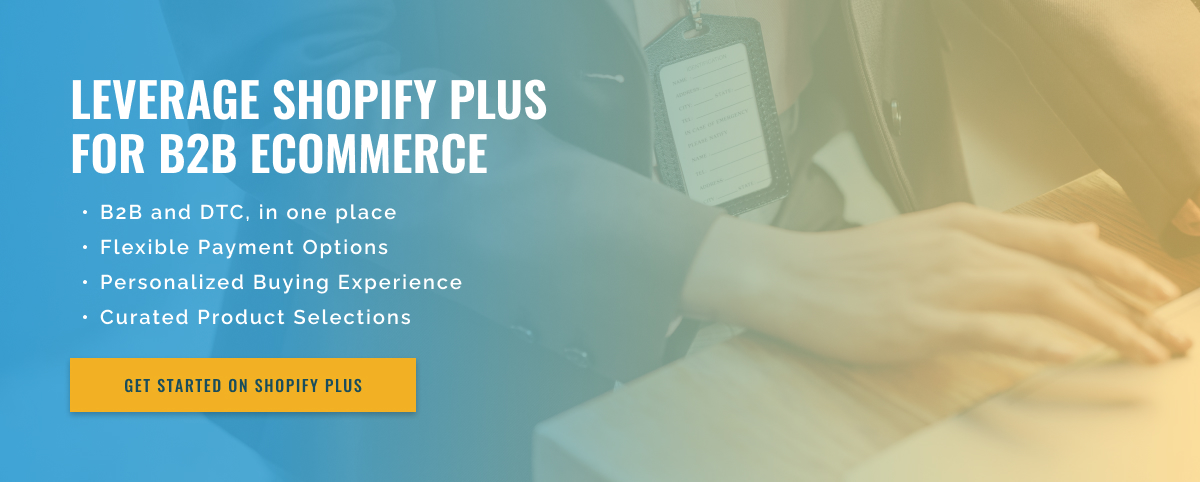3 minute read
Bulk Ordering on Shopify for B2B Transactions
Shopify has become a popular platform for businesses to set up online stores and sell products directly to consumers. The user-friendly interface, customizable themes, and wide range of features make it a favorite choice for many retailers. However, as B2B eCommerce grows, a new question arises: Can Shopify enable bulk ordering for B2B transactions? Before we get to the answer, it’s important to understand what B2B transactions are.
Unlike B2C transactions, in which companies sell their products to individual consumers, B2B transactions involve selling products or services to other companies. These transactions typically involve bulk purchases and often require a more tailored and personalized approach than B2C transactions. Now back to the question: Can Shopify enable bulk ordering for B2B transactions? The simple answer is yes.
Shopify was initially designed for businesses selling to consumers, but with the growing demand for B2B eCommerce, Shopify has also integrated features to meet the needs of this market. One of the first things Shopify did to enable B2B transactions was to introduce the Shopify Plus plan. This plan is specifically tailored to the needs of large sellers, making it ideal for B2B companies. It enables unlimited products, employee accounts, and support from dedicated account managers, making it easier for companies to manage bulk orders.
Another feature that makes Shopify suitable for B2B transactions is the ability to create multiple pricing tiers. This allows companies to offer discounts and offers to their B2B customers depending on order volume. They can also set different prices for different customer groups, making it easier to manage bulk orders from different customers.
In addition to pricing tiers, Shopify also allows custom pricing for B2B customers. This feature allows companies to negotiate prices directly with their B2B customers and create personalized price lists just for them. This customization provides a level of personalization and convenience that B2B customers often seek.
Furthermore, Shopify also offers several integrations with B2B platforms such as TradeGecko, Handshake, and OrderCircle, increasing the platform’s versatility for B2B transactions. These integrations allow companies to streamline inventory management, order fulfillment, and accounting processes, making it easier to efficiently fulfill bulk orders.
In summary, Shopify may have started as a platform for B2C transactions, but through its continuous efforts to evolve with the increasing market demands, it has successfully become a solid platform for B2C transactions.

